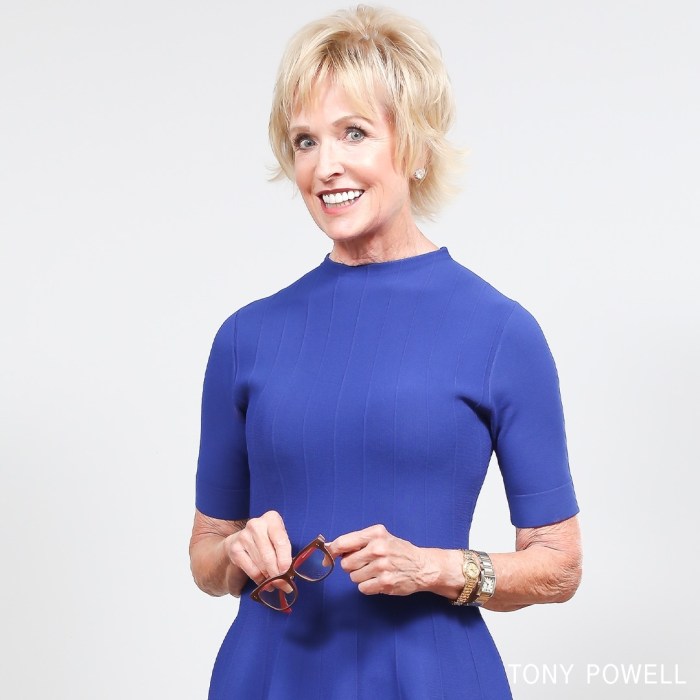Supporting the Arab World and Not Breaking the Bank, Part 2
By Kathy Kemper – 01/30/12 08:10 AM ET – The Huffington Post
Facing serious economic and political constraints, how can the United States effectively engage Arab countries in the midst of transition and help support Arab voices for dignity, opportunity, and greater inclusion? At the Institute for Education’s first session of its 21st INFO season, Under Secretary of State for Economic, Energy, and Agricultural Affairs Robert Hormats weighed in on this critical question, and Indonesia’s ambassador to the United States, Dino Djalal, pointed to the power of example in Indonesia’s experience with democracy.
Fresh from a trip to the Middle East, where he met with students in Tahrir Square, Secretary Hormats argued that the United States cannot–and should not–try to micro-manage transitions in the Arab world or dictate what democracy should look like in each Arab nation trying to find its way.
Each country has its own needs and is at a different stage of institution-building. The revolutions that toppled long-standing despots in Egypt, Libya, and Tunisia surely had some common elements, including the fundamental quest for dignity as well as the instrumental role that modern technology played in helping citizens to organize. But change and reform will take a different path in each country.
Egypt and Tunisia are the furthest along. Libya has the economic resources needed to make a successful transition, but will require technical assistance to build a functional and responsive government. Ultimately, the people of each Arab country have to be responsible for their own future and decide which direction their nation is going to take. They also have to be able to make their own mistakes.
The power of suitable models to guide Arab countries as they make critical governance decisions should not be underestimated. Indonesia, Malaysia, and Turkey are each an example of how a country with strong Islamic values and traditions can successfully embrace modernity and democracy. Each has released a sense of innovation and entrepreneurship by enabling its citizens to participate in governance, take advantage of opportunity, and engage with the world.
Ambassador Djalal noted that, in Indonesia’s case, a rapid transition proved to be the most effective path. Indonesia “sprinted” into democracy–opening up its press, holding free elections, and releasing political prisoners within a relatively short period of time. Inevitably, there were challenges, but a broad-based transition which benefitted many people generated the momentum needed to gain support for reform. The United States can facilitate learning from models like Indonesia by supporting partnerships between countries, for example, between Turkey and Egypt.
There are also many ways for the United States to provide economic support, short of direct financing, to Arab countries in the process of expanding access to opportunity for their citizens. Congress can forgive loans, fund employment programming (especially for young people), and help establish trade and investment links. Secretary Hormats noted that the U.S. is in fact identifying ways to help Arab countries promote exports through the establishment of supply lines and the development of businesses that can link up to the global economy. Trade is more than a means for economic development; it is a way to boost political stability, as steadily rising incomes and greater access to economic opportunity make people feel like they have a stake in the system.
It’s a misconception that the United States lacks partners to engage within the Arab world. There are many strong and progressive voices that are in fact open to the West and looking to further dialogue and cooperation. Secretary Hormats said that when he walked through Tahrir Square, he was struck by how much the scene there looked like Occupy DC. Just as in McPherson Square and Freedom Plaza, young people were camped out in tents. Many wore sweatshirts with the names of American universities they attended.
In short, tough economic times are no excuse for neglecting a key region that is in the midst of unprecedented transition. How the Middle East sorts itself out will affect not only Arab nations themselves, but the entire world. With creativity and commitment, there is no shortage of ways for the United States to play a constructive role in the Arab world’s transformation.
Click here to read article online
Click here to read Part 1 of Supporting the Arab World and Not Breaking the Bank
